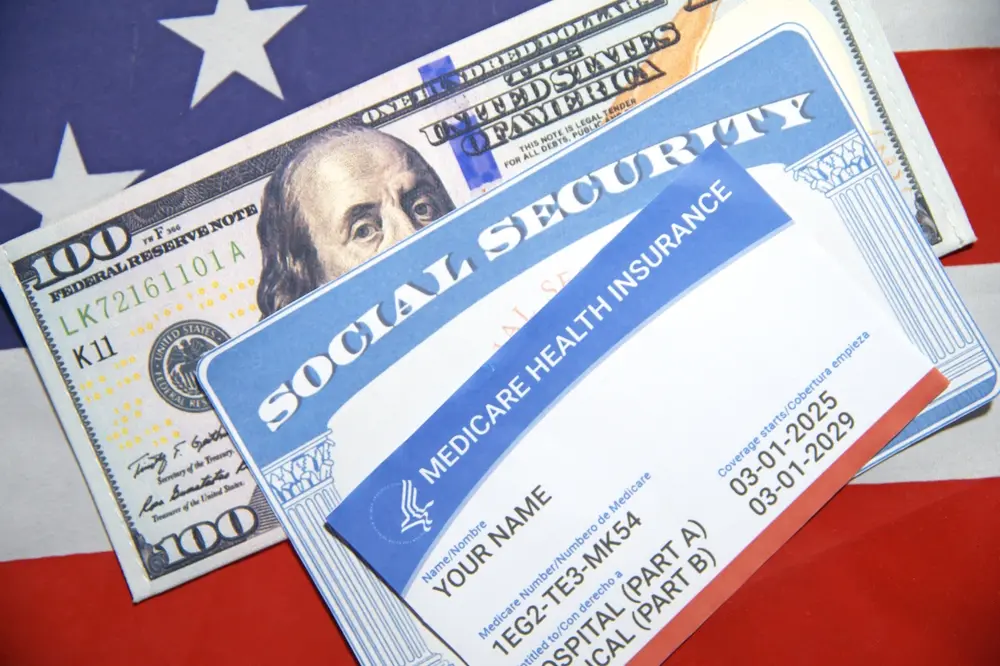You’re doing well financially and want to share the wealth with your kids, or maybe your children are struggling and you want to help them. Either way, you want to give them money without Uncle Sam taking his piece.
But how can you gift money to your children and grandchildren without the tax burden? There are ways to avoid taxes. But you first must know how the taxes and exclusions work.






